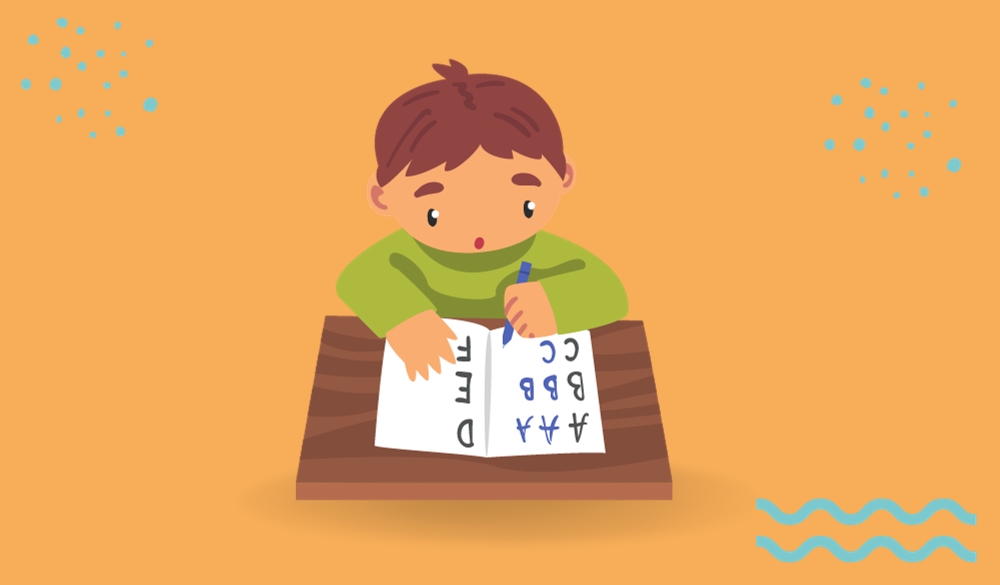Tackling the Summer Slide
Tackling the Summer Slide

As the school bell rings for the last time in the academic year and summer rolls in, it’s not just the prospect of sunshine and outdoor activities that should excite us.
The summer holidays present an ideal opportunity to keep our children engaged in learning, challenging the traditional view that it should be a complete break from school.
This balance between relaxation and continued intellectual stimulation is crucial to prevent what educators refer to as the ‘summer slide’.
What is the Summer Slide?
The ‘summer slide’ is a term used to describe the learning loss that students typically experience over the summer holidays.
It’s estimated that students can lose between 1-2 months’ worth of learning during this period, affecting their academic abilities and long-term educational success.
The summer slide isn’t just a slight dip in recent knowledge either; it can significantly impact a student’s progression, especially in core subjects such as maths and reading.

Why is it Important to Prevent the Summer Slide
Continued engagement with learning over the summer holidays can ensure students return to school in September ready to absorb new information.
This readiness doesn’t just boost their immediate academic performance; it also contributes to their long-term success. This is particularly relevant for students attending public schools, where there’s often no mandatory provision of instruction during the summer months.
With research showing that students can lose up to two months of learning over this period, the potential effects on academic performance can be significantly detrimental.
How Can Teachers and Parents Keep Students Engaged?
Preventing the summer slide requires teachers and parents to work together to provide meaningful learning experiences during the summer break.
This not only helps students retain what they have learned over the academic year but also piques their interest in new subjects and skills.

ClassTutor’s Online Summer Classes
An excellent way to keep students engaged over the summer is through online classes. ClassTutor’s summer programmes provide a flexible and engaging approach to learning, allowing students to explore a wide range of subjects at their own pace.
The bridging classes are designed to complement what they have learned during the school year but with an added layer of exciting activities that ignite curiosity and foster creativity.
By integrating ClassTutor’s summer programme into your child’s holidays, you can turn summer learning into a fun-filled adventure.
The bridging classes are organised and led by experienced educators skilled at making learning enjoyable and meaningful. They cover a range of subjects, ensuring that there’s something for every child’s interest and ability.
Summer learning doesn’t have to be a chore. With the right approach and resources like ClassTutor, it can be a captivating journey of discovery, maintaining academic sharpness while sparking new interests.
By staying engaged with learning throughout the summer, students can avoid the summer slide, keeping their minds sharp and ensuring they are ready to hit the ground running in the new academic year.
Did you know that you can try booking a free tutoring lesson through our website? We offer one free session, per student, per subject! So why not make the most and try out where we can offer your child extra support?
If you have any questions regarding our services, please refer to our Frequently Asked Questions or do not hesitate to reach out to us






























